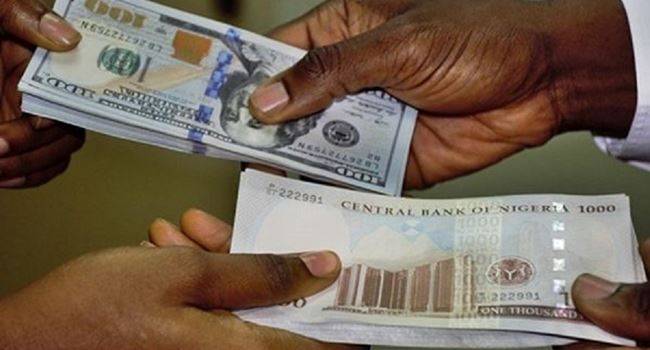The naira-dollar exchange rate hit a six-week low on Monday, closing at N1,490.2/$1, just N10 short of N1,500/$1. This decline, reported by the FMDQ, marks the lowest point since May 17, 2024, when it closed at N1,497.33/$1.
The exchange rate remained stable throughout June, fluctuating between N1,470 and N1,480/$1. However, this recent drop has alarmed currency watchers, as breaching the N1,500 mark could signal further depreciation.
Key Data Insights
FMDQ data revealed that the naira closed at N1,490.2/$1 in the official market on June 24, 2024. Total forex turnover for the day was $152 million, bringing the month’s total to about $2.54 billion. This is lower than the $3.3 billion recorded by the same time in May.
The intra-day high saw the dollar trading for as much as N1,505, and as low as N1,411. On average this month, the intra-day high has exceeded N1,500, with traders selling close to the black market rate.
The dollar traded around N1,495 in the parallel market, while the UK pound sold for N1,895-N1,900. Many Nigerians rely on this market for travel allowances. Nairametrics predicts a potential decline in naira as summer vacations approach, causing higher demand for foreign currency.
Important Considerations
Recently, Nairametrics reported that Nigeria’s foreign exchange (FX) reserves reached their highest level since March 28, 2024, a significant financial milestone. The Central Bank of Nigeria (CBN) data showed reserves at $33.58 billion as of June 19, 2024.
This recovery follows a period of fluctuation, with reserves dropping to $32.11 billion on April 19, 2024, raising concerns about financial stability. The exchange rate for import duties, set by the Nigeria Customs Service (NCS), has remained steady at N1,474/$ for three weeks, the longest period since January.
The naira has stabilized around N1,450/$ to N1,490/$ in recent weeks after months of volatility since February 2024. Customs exchange rate adjustments were minimal this month, decreasing from N1,482/$ to the current rate.











